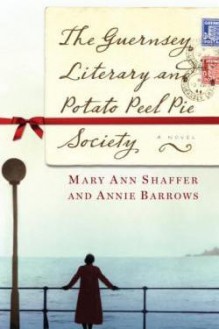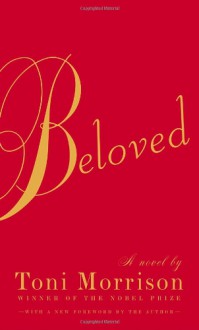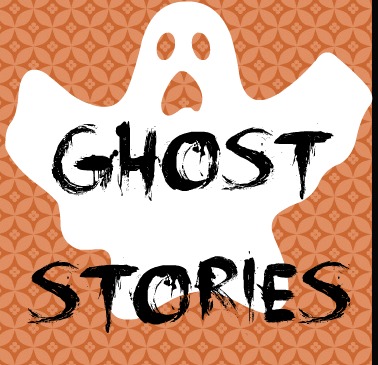
It is odd, but for all this book made me cry, I laughed too, and it left me happy. It very much IS a feel good book.
For all the bleak things that the anecdotes in these letters tell you about, there is warmth and humanity underpinning them. Through bombings, gun enforced curfews, children sent away for years, captives and capturers starving alongside, and concentration camps, there are books, and there is friendship, and dignity, and courage.
I don't know that it is a perfect book, or even that the plot is that tight (what plot), but there is a bunch of lovely and strange, and even ridiculous, characters being good friends and sharing the good and the bad, all because of books and one absent woman. And that's good. It feels cathartic, and lovely. It's... restorative.
I quite enjoyed the experience and I'm glad I took the recommendation.
And hey, I got a new favorite poem, because of this first stanza quoted (and I don't usually even enjoy poetry much, but this one resonates)
IS it so small a thing
To have enjoy'd the sun,
To have lived light in the spring,
To have loved, to have thought, to have done;
To have advanced true friends, and beat down baffling foes;

 Log in with Facebook
Log in with Facebook 












